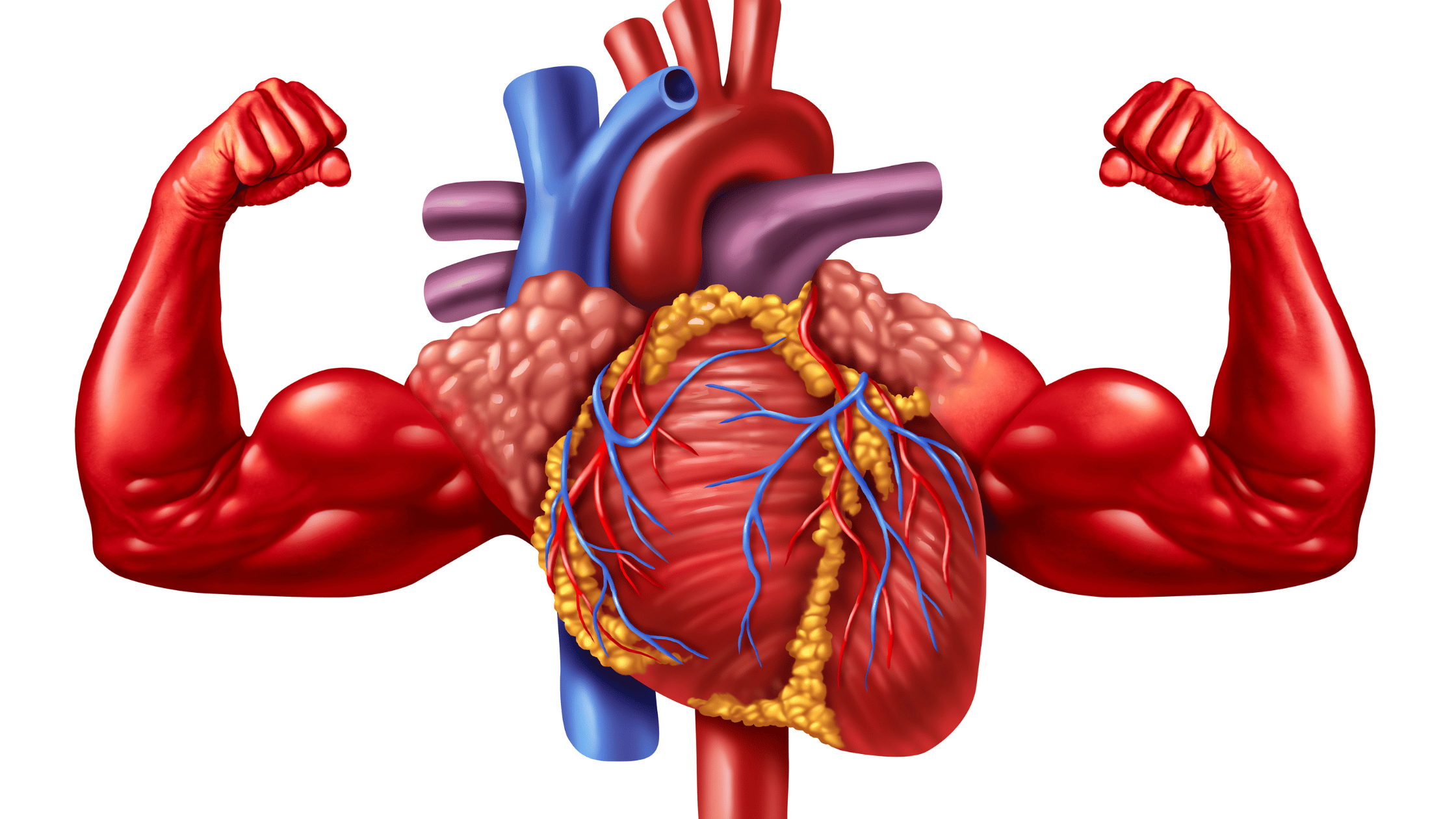Debunking 3 Common Myths About Running
As a runner, I'm sure you have come across plenty of nay-sayers who love to tell you how bad running is for you.
I know! Insert eye roll.
I received the following email a couple of weeks ago and decided I wanted to tackle this topic in an email as I'm sure plenty of you would love to have a rebuttal ready the next time someone wants to attack your love for running.
Q: "I am killing this month and loving it. I did 8 yesterday and I’m on track for my 100 miles this month!! I was wondering if you could help me. My husband is anti-running (bad for joints, not good for weight loss, opposes what you want your body to do and how it responds to food. Etc…) He is a weight lifter and thinks that is the way to go.
Do you have anything I can use to help me plead the running is great for you case? Thank you!"
A: To be honest I love this question! I want to address the three main controversies here: that running is bad for your joints, that running is bad for weight loss and that running is bad for your metabolism (or how your body responds to food).
Alright, lets do this!
Myth #1: Running is Bad for Your Knees and Joints
One of the most pervasive myths about running is that it's harmful to your knees and joints.
However, numerous studies have shown that running can actually improve joint health and reduce the risk of osteoarthritis.
According to a study published in the European Journal of Applied Physiology, running stimulates the production of molecules that help keep cartilage healthy and may even protect against the development of osteoarthritis.
Additionally, running strengthens the muscles around the knees and joints, providing them with better support and stability.
In fact, running is one of the best ways to strengthen your upper and lower leg muscles making it a great way to build strength and thus reduce your risks of injury.
Here is also a Strength Training Plan for Marathoners that focuses even more on building strength by focusing on the 5 major muscle groups in the body.

Myth #2: Running Doesn't Help with Weight Loss
There is a lot of back and forth about whether or not running helps with weight loss. The fact is that running is an excellent way to shed those extra pounds and maintain a healthy weight.
Running is a high-intensity cardiovascular exercise that burns a significant number of calories, making it an effective tool for weight loss when combined with a balanced diet.
According to research published in the Journal of Obesity, running at a moderate intensity for just 30 minutes can burn upwards of 300 calories, depending on factors such as body weight and speed. That is a pretty aggressive calorie loss in a relatively short period of time.
And whether you like it or not, you must be in a calorie deficit in order to lose weight.
Furthermore, regular running can increase your metabolic rate, allowing you to burn more calories even at rest.
High intensity cardio such as running definitely should take a place in your weight loss routine and running is one of the best ways to torch lots of calories especially when you are short on time.

Myth #3: Running Wrecks Your Metabolism
Some people believe that running can slow down your metabolism over time, making it harder to lose weight.
However, this myth is unfounded.
In reality, running can actually boost your metabolism and improve your body's ability to burn calories efficiently.
A study published in the Journal of Strength and Conditioning Research found that high-intensity interval running can significantly increase metabolic rate both during and after exercise, leading to greater calorie burn throughout the day.
Additionally, running helps build lean muscle mass, which further enhances metabolic function.
On the flip side of this is the fact that the boost of metabolism you are receiving from running can cause you to feel even hungrier and can lead to you eating more.
This is why it is important to be clear with your goals.
If you are training for a marathon, you may need to up your calorie intake and might naturally do so to withstand the constant increase in mileage and intensity. (The Eat Like a Marathoner Nutrition Course will help you determine your exact needs.)
However if your goal is weight loss you may need to recognize that the calorie deficit is good and helpful in achieving your goals.
There is a fine balance and it's definitely and art and a science!

2 Final Thoughts on Running Vs. Weight Training
1. Running has a slight edge over strength training when it comes to mental health benefits.
Both cardio and strength training aid in your mental health and both indeed have stress-reducing effects.
However, as running is an aerobic cardio exercise and utilizes oxygen to a much greater capacity than strength training does it does provide more potential for greater stress relieving capacity and stress management.
As the runner said in her question, she loves running and how it is making her feel! I would venture to bet that she is speaking not just how she feels physically but also mentally.
I know many of us feel the same way. Running keeps us sane. It boosts our happiness levels significantly. It helps us feel calm and in control. It's probably one of the best anti-depressants out there!

2. If you never perform any type of steady state cardio and only weight train you are neglecting strengthening one your body's most important muscles...your heart.
Putting your heart muscle under a constant state of elevation for a period of time is one of the best ways to strengthen it.
It is also extremely important to elevate your heart rate to a steady state in terms of effectively warding off life threatening diseases such as heart disease.

In conclusion
There's a common misconception that running is detrimental to your joints, metabolism, and weight loss goals, while weight training is often hailed as the superior option.
However, the truth is a bit more nuanced, and both forms of exercise offer unique benefits.
As a kinesiologist whose goal is to help people become and stay active for life, I strongly advise that you choose your activities and exercise based off of what you love to do.
Some people simply love to run while others can't fathom the thought of it. Some people love pumping iron at the gym while others dread the thought of it.
It is important to combine cardio and strength training in your wellness routine but don't overthink the process.
Find something that you enjoy doing, that makes you happy and that you can see yourself sustaining and keeping active with 10, 20, 30 years from now.
Related Pages:
👋Sign up to receive the free printable strength exercises for runners: 👇
 |
As featured on:

Resources Used:
- Journal of Obesity: https://www.ncbi.nlm.nih.gov/pmc/articles/PMC5537895/
- European Journal of Applied Physiology: https://pubmed.ncbi.nlm.nih.gov/18677615/
- Journal of Strength and Conditioning Research: https://journals.lww.com/nsca-jscr/Fulltext/2012/04000/Effects_of_High_Intensity_Interval_Running_on.32.aspx
- Is cardio or strength training better for stress management? https://www.jefit.com/wp/general-fitness/is-cardio-better-than-strength-training-for-stress-management/#:~:text=Healthy%20body%2C%20healthy%20mind&text=In%20terms%20of%20stress%20management,better%20choice%20for%20stress%20management






New! Comments
Have your say about what you just read! Leave me a comment in the box below.